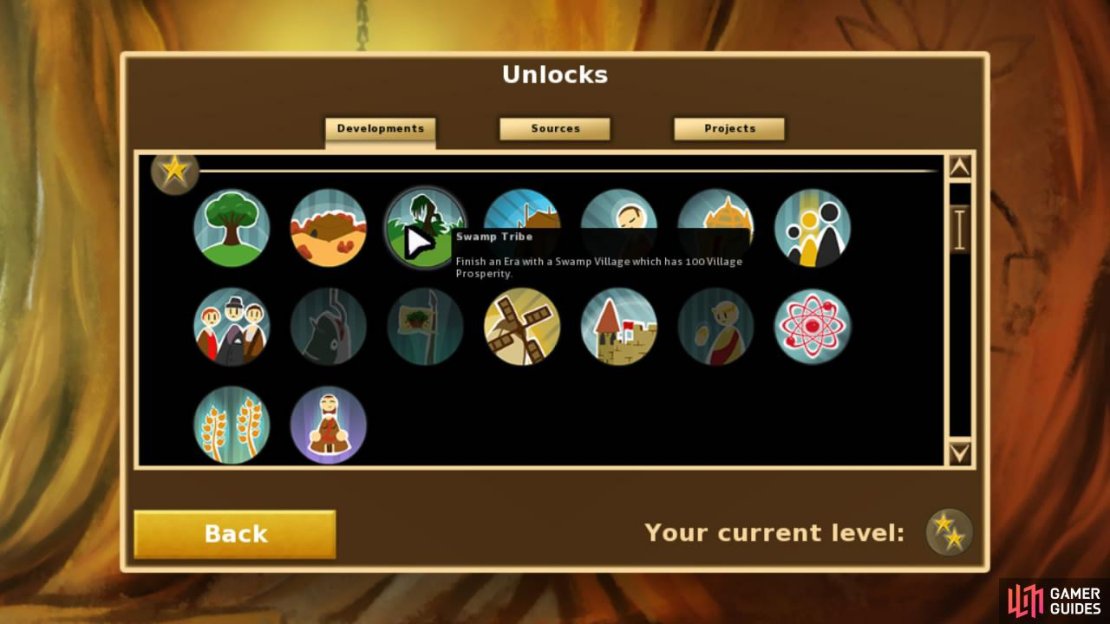As Reus is not a typical game, this is not a truly typical guide. We will detail how to accomplish every development with the minimum of fuss but it’s important that you understand the amount of freedom you have while you actually play the game.
We will talk about each development in turn, focusing on it with the precision of a scientific laser as the only thing you are aiming to accomplish in your session current session, but you should know that you can earn multiple developments during a single play session if you so desire. This guide will not assume you are, or even suggest that you do, but it is important for you to know that you’re not tied down to playing the game as a rigid series of developments.
What’s more the nature of projects is that they are random, both in what project appears but also in the specialisation attached to the current project; Reus is designed in this way so that the progress of each game session is somewhat unpredictable and unique. It’s up to you to read what your village needs and work out how to achieve this, answering the unique specialisations the game throws at you each time. The nature of projects is ultimately why our development guides are more akin to guidelines, as that is the nature of Reus.
As such you’re recommended to use our development guides in tandem with the more detailed information in the later sections of the guide. The ‘Optimum Tile Layouts’ descriptions and information directories towards the end of this guide will give you extensive knowledge that can be applied in a number of situations, from early play to later stages. Reus is a game about using what you know to maximise the potential of your current settlement, and that is why these sections are themost useful ones in this guide.
This guide will teach you many things about Reus, but ultimately it’s up to you to apply that knowledge during play.

No Comments